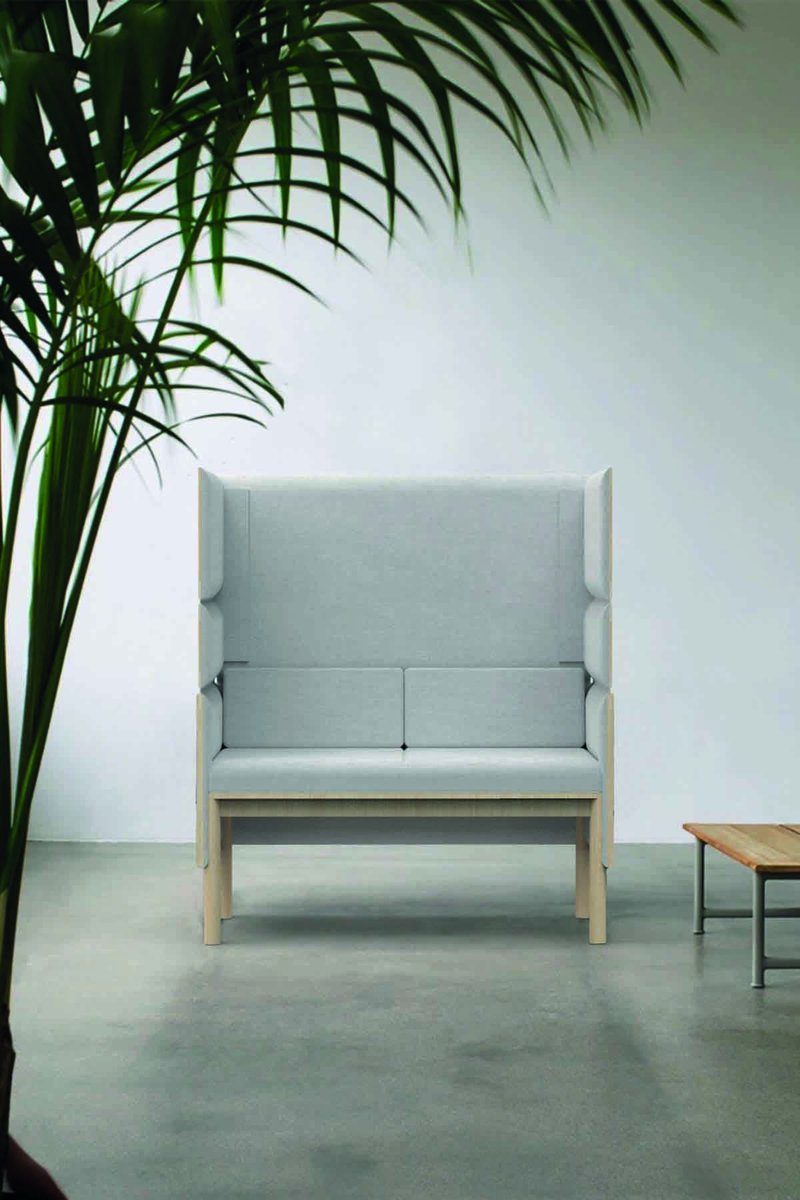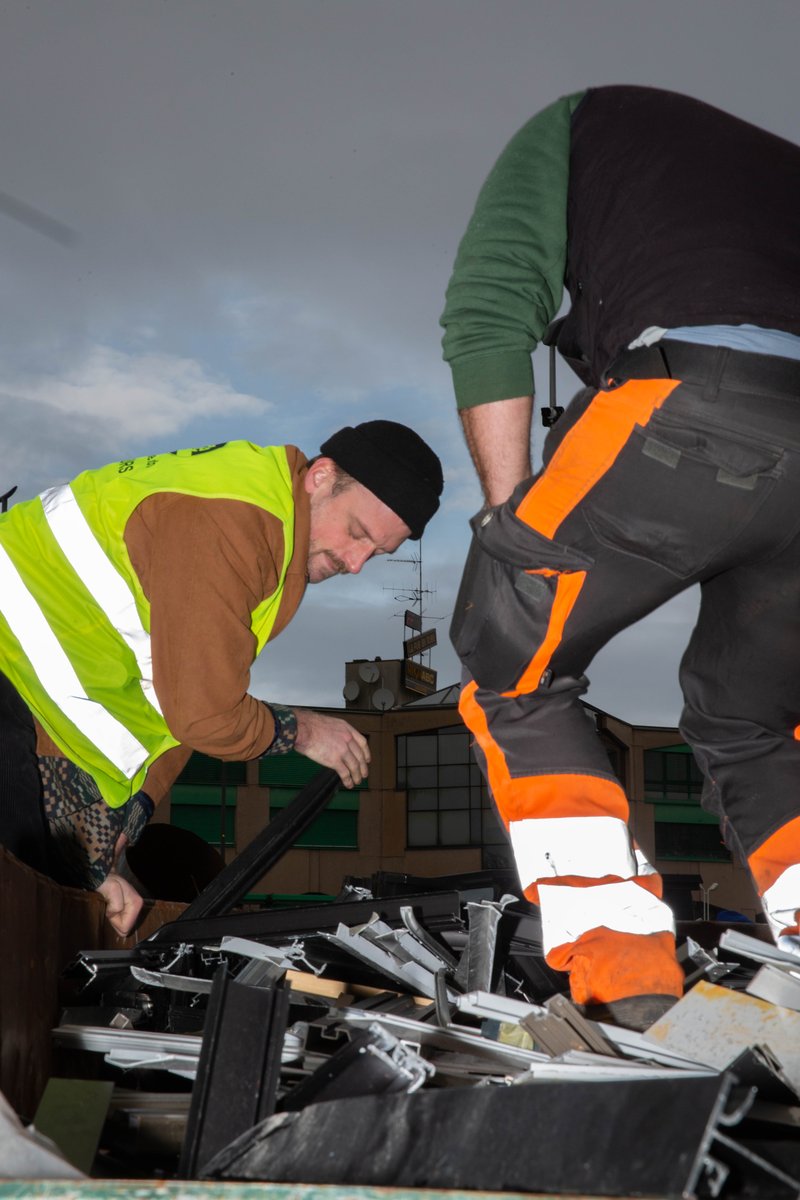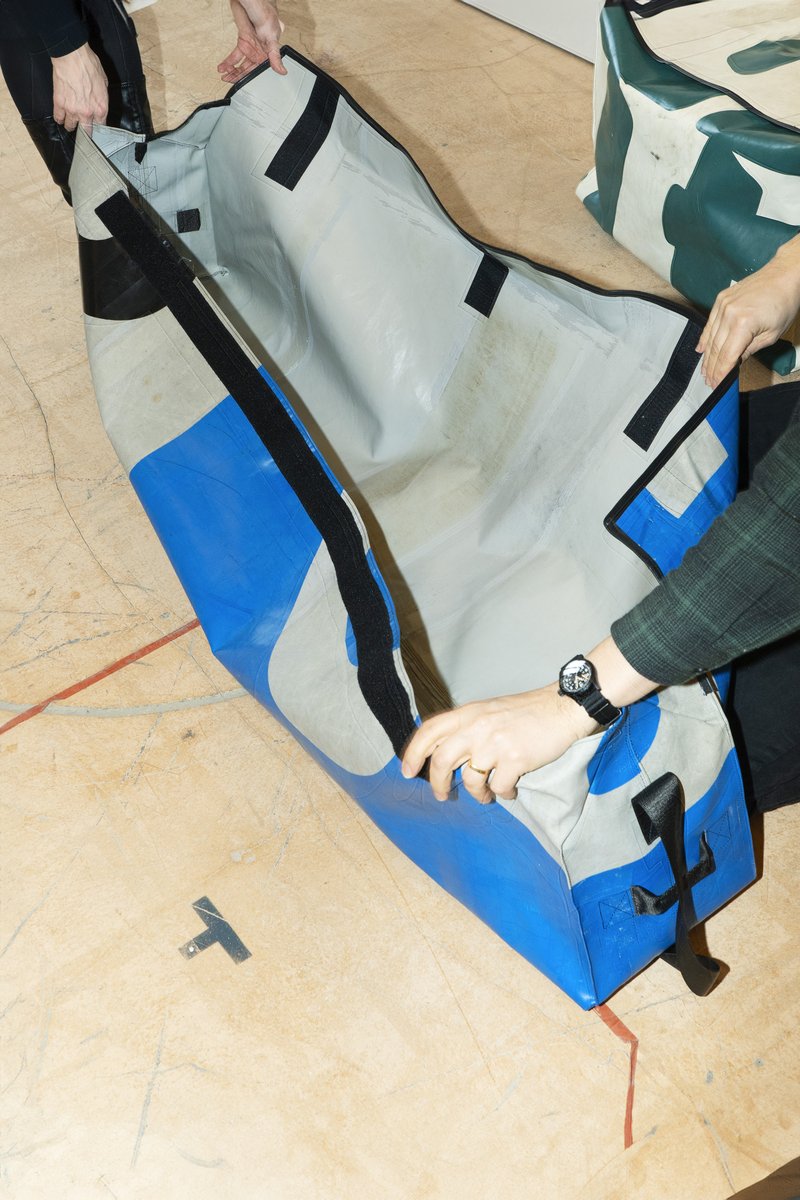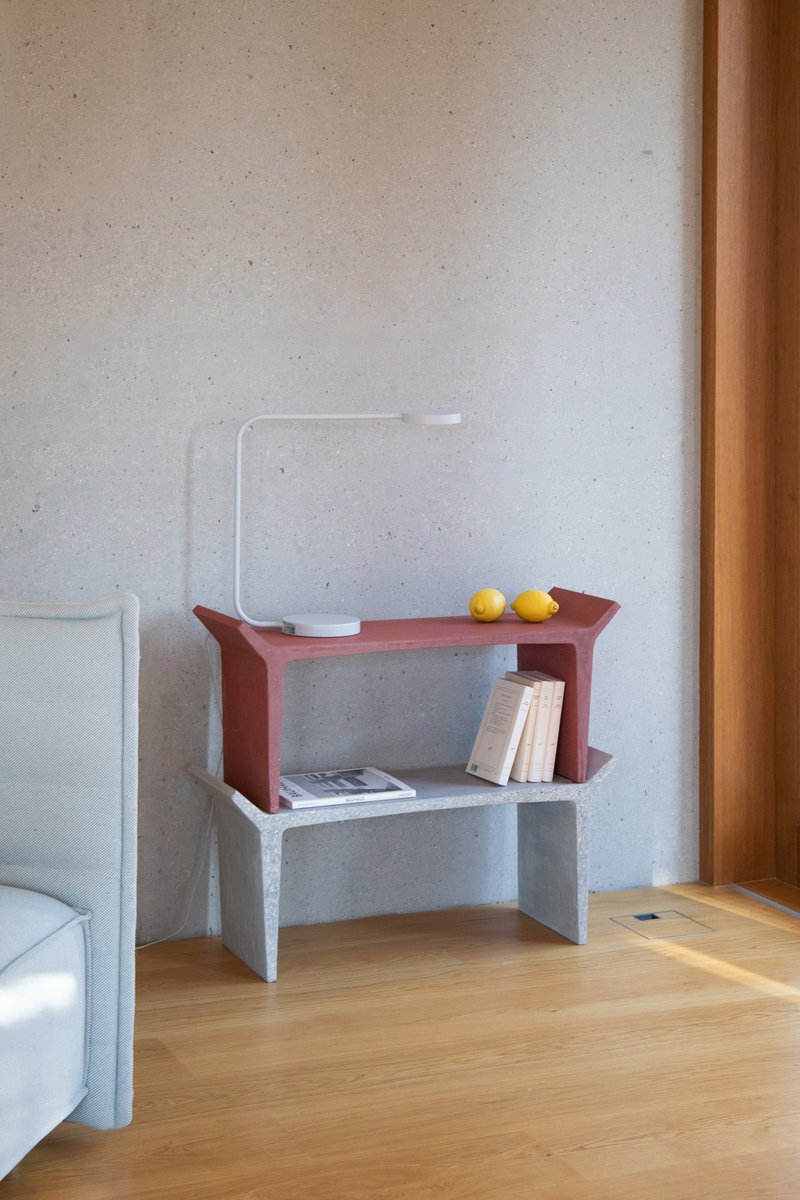
BA INDUSTRIAL DESIGN
Home Working
with
Dylan van den Berg, Wieki Somers
Projects on the subject of working from home or remote working, which marks our time and leads us to question both what work is, and how and where we work.
The recent remote working experience gave us many new insights. This experience could lead to new ways of working in the future, as the COVID19 pandemic amplifies and accelerates. This is a good opportunity to re-evaluate the concept of home office, which started with the emerging computization and technology from the 1950/60s, but has never happened on a global scale like this until now.
From the Industrial Revolution until fairly recently, most people worked outside their homes in factories, offices, public buildings or outdoors. Those places and our ways of working in them were designed accordingly. “Home working” or “remote working” marks our time questioning both what is work, and how and where we work. Public and private spaces collapse into one realm with all its social, economical and political consequences.
For this project, we wanted to see visionary ideas about where and how we will work in the future and solutions for home working, translated in a surprising/relevant design. This new “home work station” could be a piece of furniture, or an object, or a transforming space.

























